Why are we running this project?
Democracies around the world are facing a crisis of legitimacy, and increasing attacks by autocratising states. Many see the solution in reinvigorating democracy through deliberative and participatory means. Processes like citizens’ assemblies and participatory budgeting have been tried around the globe, with varying results. Yet a lot of the lessons from these processes taking place globally aren’t reaching policy-debates on the topic in the West. While a lot of the focus has been on citizen assemblies in Europe, there has been little attention to innovative methods globally. Therefore, this project aims to correct the balance by exploring democratic innovations from around the globe to learn lessons for strengthening democracy with more participation in Europe.
What are our goals?
The goal of the project is to increase the knowledge of and expertise on participatory and deliberative democracy practices outside the West to enable:
- democratic reformers within the EU to have a better range of reform options and;
- European democracy support practitioners to identify possible innovations to support democracy internationally.
How does the project work?
The research will build on eleven case studies in Georgia, Ghana, India, South Korea, Lebanon, Malawi, Nigeria, North Macedonia, Taiwan, Chile and Colombia. They will be conducted by local experts under the guidance of the team in Brussels. Based on these country case studies, lessons and recommendations for innovating democratic practices in Europe will be synthesized in a report, ‘Democratic Innovation outside the West.’ Throughout the drafting process, the New Democratic Voices Forum, a network of stakeholders from Europe and the globe, will be convened. After launching the report with the New Democratic Voices Forum through a conference, there will be continued exchange with the Forum to further expand the lessons learned from the case studies and follow-up on the recommendations of the report. Regular briefings with EU policymakers will be held to advance the recommendations from the research. Following various meetings and exchanges with the New Democratic Voices Forum, the project will be closed with a final reflection paper on the future of democratic innovation.
Who are the target groups?
- Policymakers and donors, to advance the project’s recommendations;
- Practitioners and activists, through network-building activities and lesson-sharing on democratic ideas from other regions;
- Academics, by providing a sounding-board for practitioners on their analysis as well as a mechanism for ensuring that any conclusions or recommendations are based on locally grounded realities.
Where is the project run?
Research conducted globally, but managed in Brussels, Belgium.
Who organizes and supports the project?
The European Democracy Hub is a joint initiative by the European Partnership for Democracy (EPD) and Carnegie Europe. The EPD brings together a network of 17 organizations specializing in democracy support and Carnegie’s Civic Research Network gathers civil society experts from 15 countries around the world. It is precisely this combination of depth and breadth of knowledge that is needed to conduct the type of research we have identified as currently missing in democracy support. The Hub has already succeeded in bringing together a wide group of different democracy support actors in order to engage in joint thinking and common practical means of cooperation.

